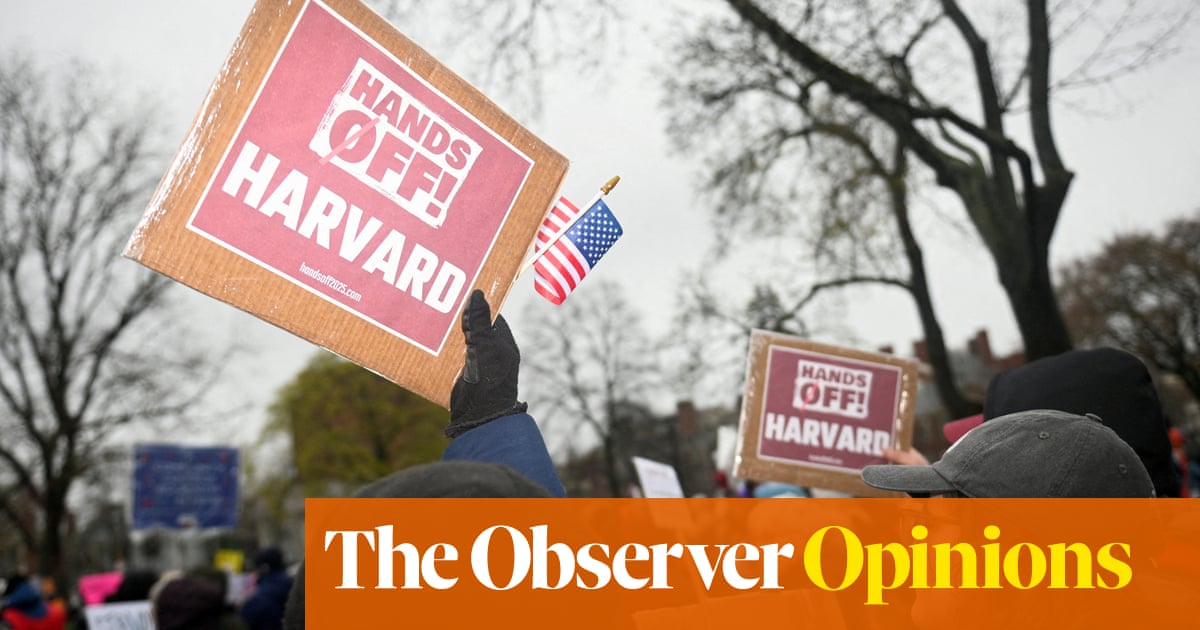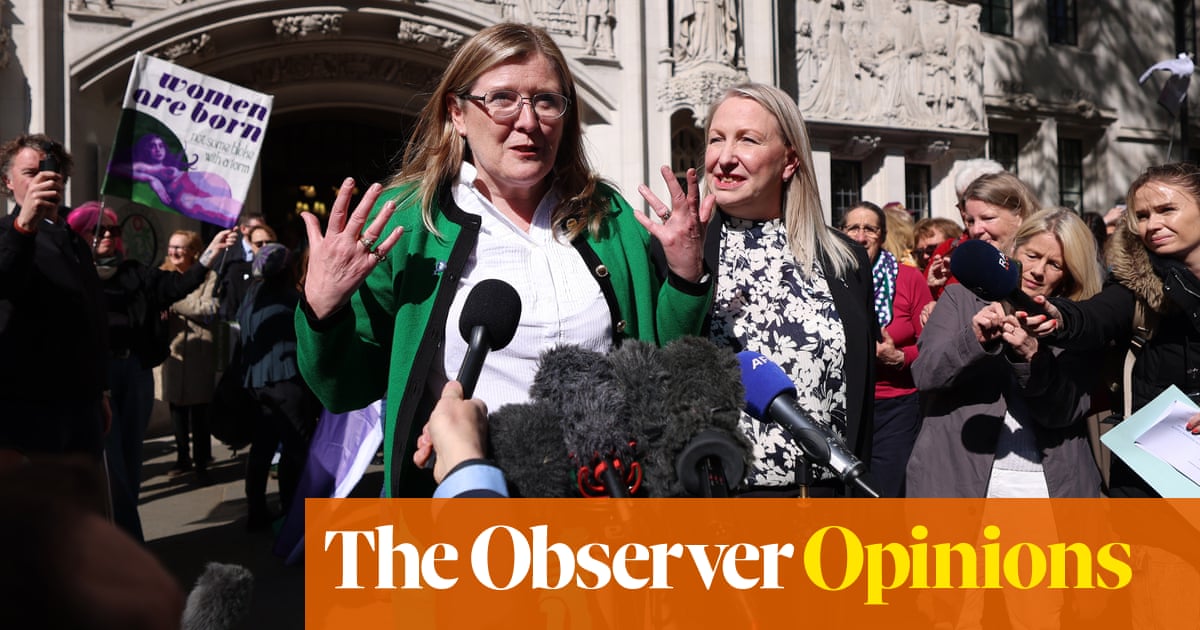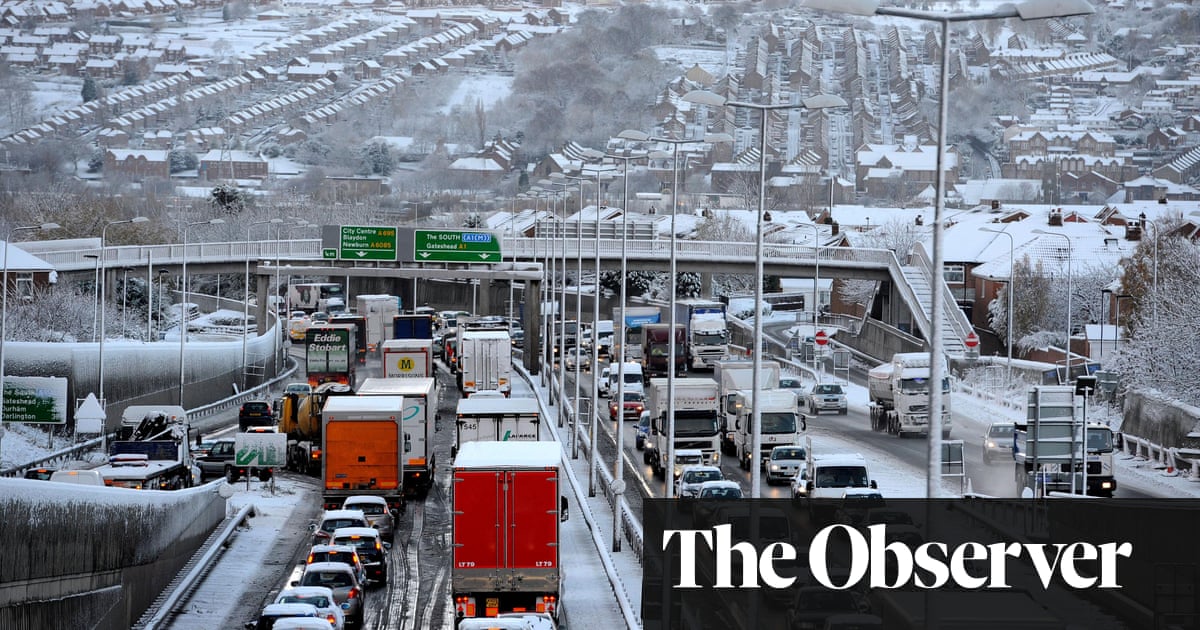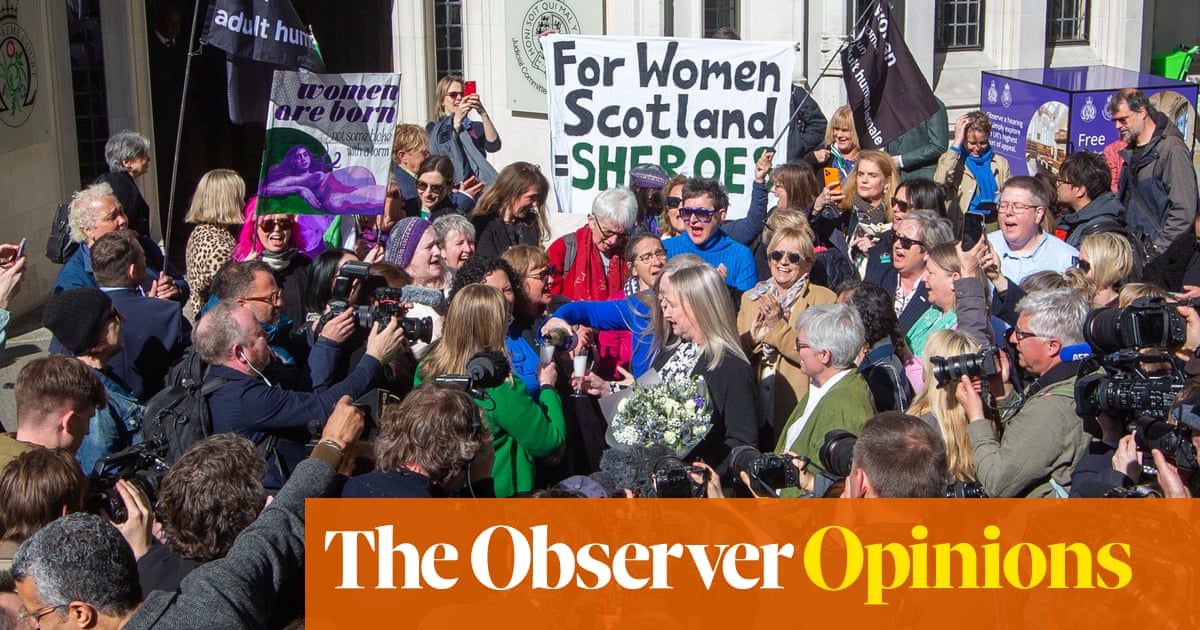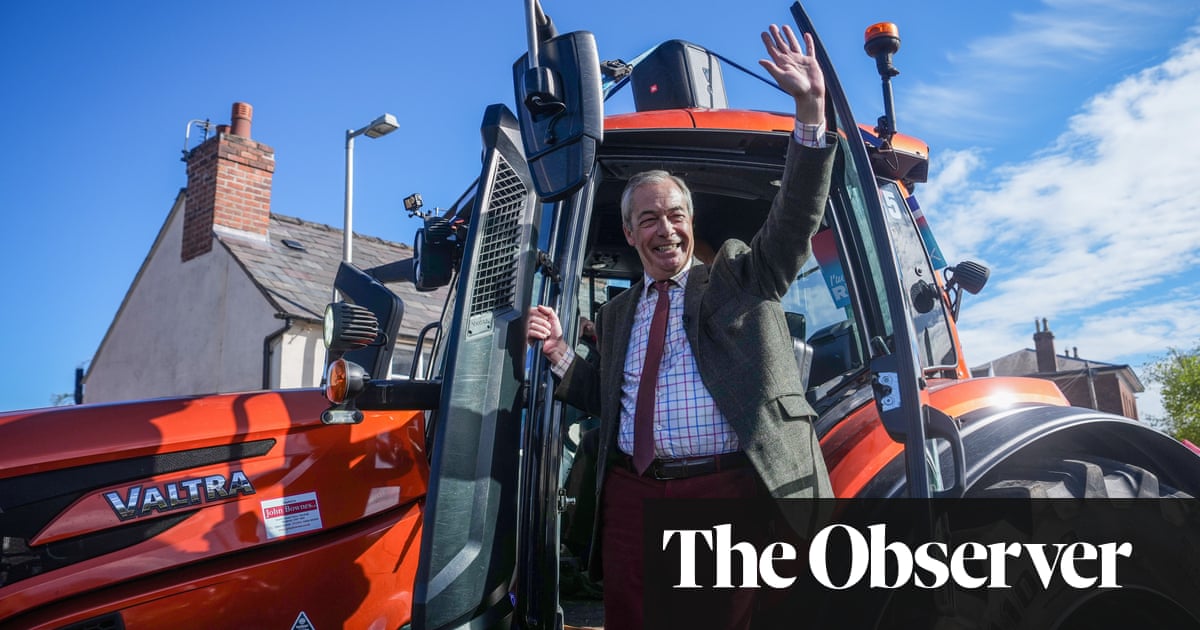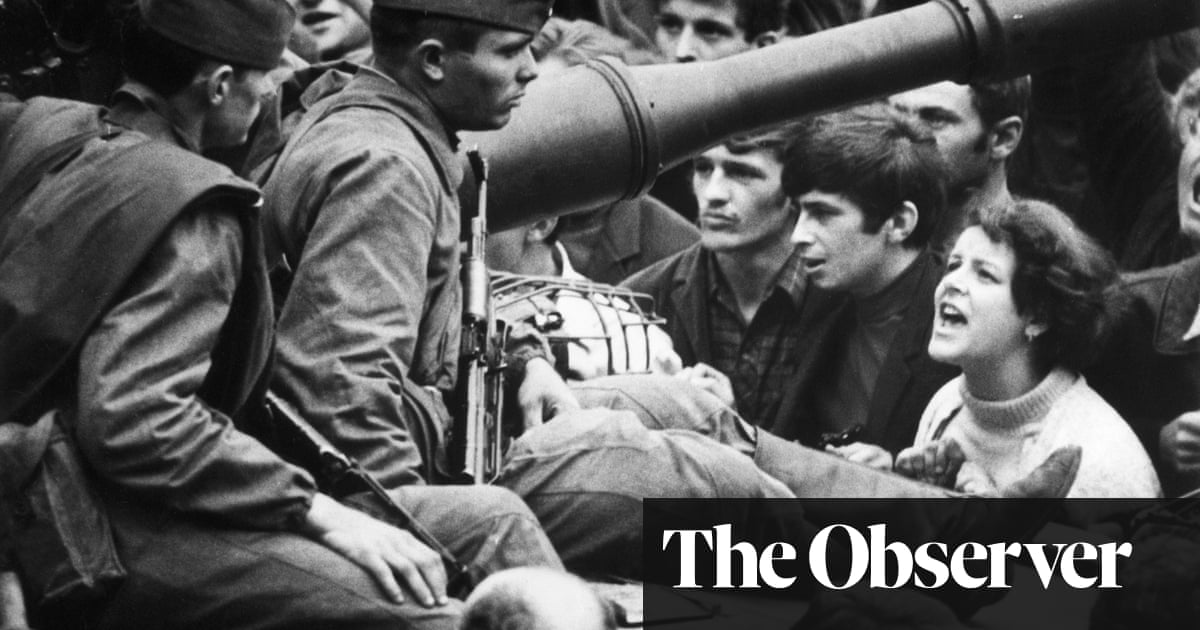A healthy democracy depends on people participating in it. In the UK, the proportion of people doing so is falling. Voter turnout in general elections stayed above 70% from 1945 through to 1997, hitting more than 80% in 1950 and 1951. But it collapsed to 59.4% when Tony Blair won his second term in 2001, and though it rose again between 2010 and 2019, it has not reached the 70% mark since 1997. In the 2024 election, turnout fell to 59.7%.
The decline has been acute enough to trigger concern among Labour officials. Before July, the Guardian revealed they were drawing up plans to introduce automatic voter registration (AVR). In the election, when it came around, just 52% of adults living in the UK exercised their right to vote – the lowest proportion since universal suffrage was introduced. Crucially, this statistic counts all adults eligible to vote in the UK, not just those registered on the electoral roll.
Getting people automatically registered would be transformative for improving turnout, according to experts – especially for ethnic minorities and groups such as renters who move homes frequently. Analysis by the Institute for Public Policy Research (IPPR) found that the turnout gap between homeowners and renters was 19 percentage points in 2024, growing by a quarter compared with 2017. Across the board, 8 million UK adults were not correctly registered to vote in 2023, according to the most data from the Electoral Commission. Labour did not commit to introducing AVR in its election manifesto but it has been looking at it for months as part of plans for a democracy bill.
Ellen Berry, the head of the UK Democracy Fund at the Joseph Rowntree Reform Trust, said: “Despite excellent efforts, voter registration drives alone are not able to close the gap – the millions of people missing from the register, who are unable to vote come election day.”
She called for the UK to “follow the example of democracies around the world where automated voter registration is the norm” and said evidence from overseas “shows that AVR is an incredibly effective solution to address democratic inequality, respect voters’ privacy and, often, save money”.
The IPPR suggests three other policies that can make a tangible difference before the next election: lowering the voting age to 16, which Labour’s manifesto committed to doing; capping donations to political parties at £100,000 a year to reduce the influence of the wealthiest on politics; and introducing a kind of “election day service”.
Labour officials have sought more detail on IPPR proposals for capping donations, but it’s a proposal that ultimately may not prove attractive to a party that raked in £9.5m during the last election campaign – more than all the other parties combined. Nonetheless, pressure to introduce stricter rules around political funding has intensified amid speculation that Elon Musk could donate $100m (£79m) to Reform UK in an attempt to help make Nigel Farage prime minister. Last month the Electoral Commission chief, Vijay Rangarajan, urged ministers to take steps to protect the political system from foreign interference, for example by linking donations to the UK profits of companies.
The most creative of IPPR’s proposals is arguably that of an election day service akin to jury service, where members of the public are selected by lot to staff polling stations on election day. The idea, which has been implemented in Belgium, Greece and Spain, is intended to involve more people directly in the electoral process and improve understanding of it, tackling what IPPR calls “populist concerns about elite abuses of power”.
Alan Renwick, a deputy director of UCL’s constitution unit, said: “The government could start rebuilding knowledge about politics by rejuvenating citizenship teaching through the current curriculum review. Education about media literacy, critical thinking and how to disagree well could help address the toxicity. Giving people hope that politics can do good will require the government to deliver on key goals of raising prosperity and improving public services.”
It is notable that experts do not see compulsory voting, which has been implemented with some success in Australia and Belgium, as part of the equation. In the UK it was examined by the Commons political and constitutional reform committee in 2014, which recommended carrying out further research. But critics say penalising people for not voting, particularly at a time where trust in politicians is low, simply increases resentment among people who are already disenchanted with the system.

.png) 3 months ago
30
3 months ago
30
